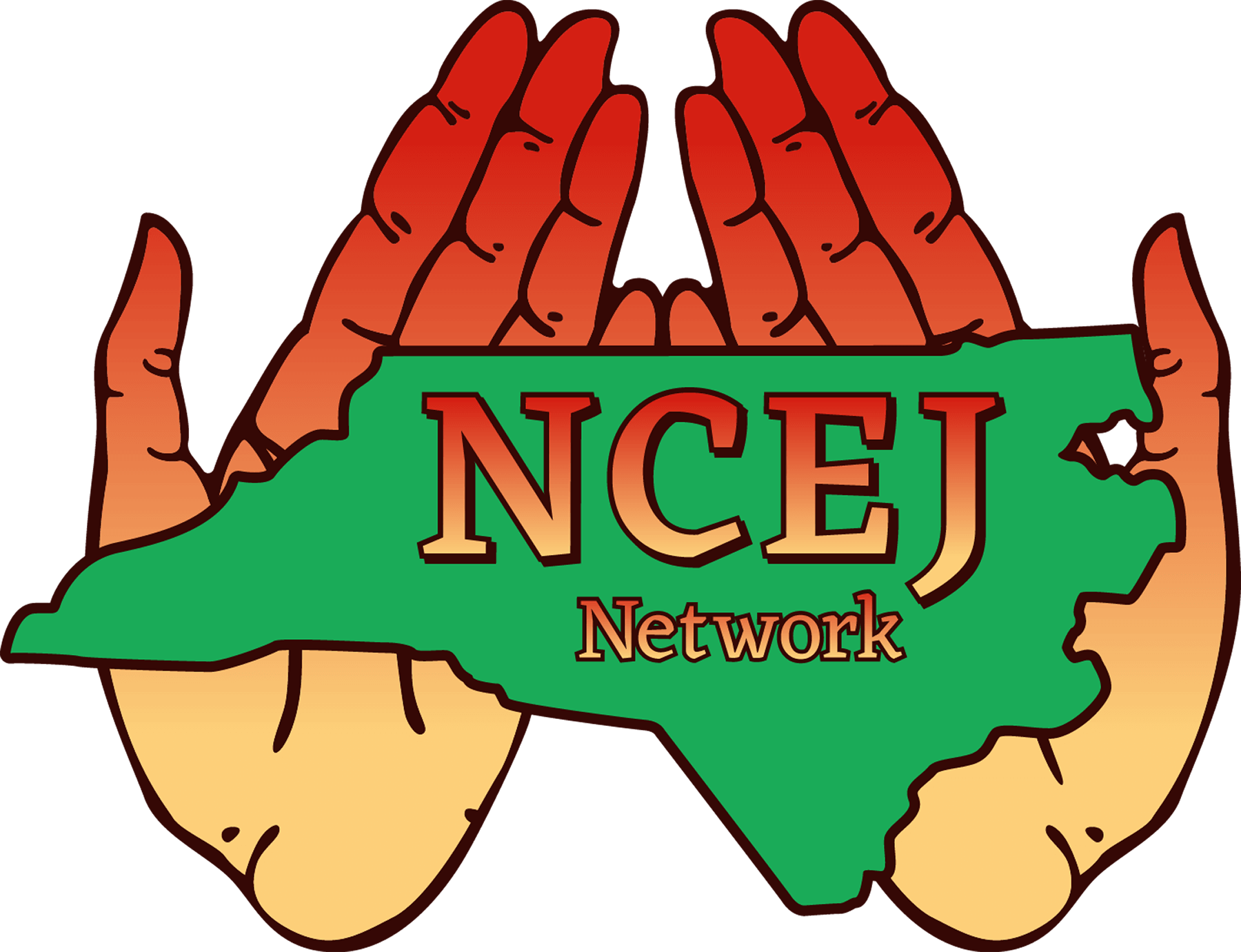The Rachel Carson Council’s new report, Clear Cut, takes a comprehensive look at the forces driving the wood pellet industry’s hold in the United States. Industrial-scale wood pellets have been globally touted as a ‘green’ technology to lessen dependence on fossil fuels. However, burning wood pellets is worse for climate change than coal, one of the dirtiest fossil fuels, drives the massive clear cutting of US forests in the southeast and harms the health of surrounding communities. With an in-depth case study of Enviva in North Carolina, Clear Cut analyzes the unjust economics and politics behind why the industry has been allowed to continue and what the its adverse effects have been. Clear Cut demonstrates that the industry is unnecessary and harmful, particularly to poor communities of color. The report also highlights how citizens and campuses can get involved to slow and stop the industry through political engagement and work with a host of local, regional and national organizations that protect forests, the environment and communities.
Highlights
- Debunking the “green” myth behind wood pellets
Current status and expected growth of the industry - The industrial effects of sourcing, producing, transporting and burning wood pellets on the environment and health
- A case study of North Carolina and Enviva, the largest industrial scale producer of wood pellets in the US
Environmental justice implications of the industry
Political and economic drivers of the industry - How you can take action through political engagement and important NGOs working on the issue


